
The culture precedes positive results. It doesn’t get tacked on as an afterthought on your way to the victory stand. Champions behave like champions before they’re champions; they have a winning standard of performance before they are winners. – Bill Walsh
This sign hangs on the door to our locker room, and it serves as a reminder of the philosophy that guides every phase of our program, including recruiting. If you ask 100 coaches about their recruiting philosophy, you’ll probably get 100 different answers. Some coaches believe in recruiting as much talent as possible, some coaches recruit based on their roster needs or their style of coaching, others prioritize freshmen, while others focus on junior college players and transfers to fill out their roster. Regardless of their approach, the most successful coaches have developed a philosophy that allows them to consistently bring in players who fit their needs for their program.
To me, when it comes to recruiting, you must understand your resources, the positives and negatives of your program and university, and the most effective way to cast the widest net for the most recruits who can possibly help you. I’ve learned over time that you can drive yourself crazy as a coach investing a lot of time in players who are probably going to turn you down at the expense of recruiting talented players who are more likely to say yes. This isn’t to say you should settle for recruiting less talented players, but you must learn what is important to recruits and realistically evaluate if you and your program can meet their needs.
I look at recruiting as being like the statue of Lady Justice holding a scale with talent on one side of the scale and character on the other side. Talent can be measured in many ways; including physical size, speed, exit velocity, fastball velocity, or simply looking at a player’s actions and deciding you like their swing or how they throw the baseball. Character includes classroom performance, how hard they play or work at their game, what kind of teammate or person they are, and any number of characteristics to evaluate a person. Generally speaking, the more talented a player is, the more likely a coach is to overlook certain character “flaws” and decide they can fix them or tolerate them. We see this on a yearly basis in professional and high-level collegiate sports, but it happens at all levels of sports.
Talent is important because the more talented your players, the greater your margin of error for success. A pitcher who throws 88 is more likely to get away with a fastball in the middle of the plate than a pitcher who throws 82. A hitter with a mid-90’s exit velocity is more likely to get hits and extra-base hits than a hitter with a mid-80’s exit velocity. Coaches evaluate a pitcher’s arm action and a hitter’s swing path and project how successful he can be at our level. We use radar guns, stopwatches, Trackman, Rapsodo, Yakkertech, Diamond Kinetics, Blast Motion, etc. to give us verifiable data and a snapshot of a player’s physical skills. Theoretically, the more talent we accumulate, the more successful we can be.
Character gives us insight and clues as to what players might do with their talent. We’ve heard cautionary tales of players who squandered their talent and we’ve seen countless inspirational stories of players who overcame limited talent to achieve great success. I’ve evolved in my thinking and come to understand that with my resources, I will get talent that is comparable to most of the teams we will play, so I need to find something that can separate our program and make us more successful. I place more emphasis on character traits that I did when I first because a head coach and I’m looking at ways players make themselves stand out in positive and negative ways.
I try and get to a ballpark early to watch players warm up and prepare to play. I look at how players dress and conduct themselves during warmups. Recently, I saw a player hitting in the cage before a game wearing pajama pants and a tank top. I’m sure he was comfortable, but I questioned just how serious he was in his preparation. If he can’t take the time to dress properly to warm up, how much time will he invest in his stretches and warmups in physically preparing his body to play? Baseball is a taxing game over time with all its repetitive motion, and lack of preparation means a greater likelihood of injuries in the future.
I evaluate players’ actions during warm-ups. Do they move their feet while they throw or just stand there and move listlessly? Are they more interested in cutting up with the guys around them or are they trying to get their arms stretched out and loose? Are they gradually pushing themselves in their running to get the bodies warmed up? Are they working at their footwork while taking groundballs and flyballs during pregame infield? What kind of swings are they taking during batting practice? Are they working on having an approach and barrel control while they hit or are they just trying to hit the ball as far as they can? Those traits are just a few of the things I critique potential recruits on before a game even starts.
The evaluation process becomes even more thorough once the game begins. I’m always looking at the players’ skills, but what they do with those skills is crucial. I’m watching to see if players are quick to get on and off the field between innings. I want to see if they get to their positions quickly enough to get their arms loose or if they return to the dugout quickly enough to get ready to hit; not because I’m interested in fake hustle. In fact, fake hustle (i.e. sprinting back to the dugout after a strikeout or sprinting to first base after lining out to the pitcher) has the opposite effect in that it makes the player look like he’s trying too hard to be noticed.
I watch players take groundballs between innings to see if they are working on their footwork and paying attention to detail. One experience I remember clearly was arriving at a high school game between innings (from another game) and seeing the infielder I was there to watch catching groundballs between his legs. I watched him do it three times in a row before deciding I didn’t think he was serious enough about his preparation for me and I left before the inning even started.
Willingness to compete is something I watch closely during games. Do players back each other up? Do they run hard on the bases? Are they communicating with their teammates and encouraging them? How do they handle a bad call or an error by their teammates? How do they communicate with their coaches? All those things and more give me an idea of how they might play for me if they come to our program. I feel like if a player doesn’t naturally compete and play hard, then I’m going to have to waste time encouraging him to give his best effort.
I’ve crossed countless players off my lists for things not related to their talent or skills. Sarcastic remarks to teammates or coaches, losing their temper with the umpire or in the dugout after a bad performance, offensive comments to the other team, not backing up plays, walking around on the field, and not playing hard in general are all reasons I have moved on from players to look at other potential recruits. It’s not that I expect players to be robots or not have any personality, but I want players who I believe will play hard, be coachable and tough-minded, and be willing to make those around them better.
It isn’t always negative things that make a player stand out. We were hosting a travel team tournament at our facility last summer, and one of the teams had talented, projectible players at several positions. Most of the players weren’t doing anything to particularly stand out, in fact some of them were noticeable for their lack of effort and negative attitudes. However, one player stood out for how he responded to striking out. He was walking back to the dugout and he stopped the next player who was about to hit so he could tell him about what the pitcher was throwing. I was impressed that he took the time to help his teammate so soon after his own disappointing result at the plate.
I watched that player for the next few innings and came away more impressed the more I watched him. He had good size and actions, but he also worked hard at his game between innings, communicated well with his teammates and played hard. I called one of the local scouting directors of a recruiting service, and he advised me to invite the player to participate in one of their showcases. To make a long story short, the player was invited to participate for one of their select teams that played in Florida. Shortly after that tournament, the director called me to thank me for referring the player to them and to let me know that he was receiving his first recruiting calls from Division I programs.
Recruiting is still an inexact science even with all the tools we have at our disposal. There is only so much we can see and learn in watching a player or talking with the people around them, and often the best we can do is make a judgment based on limited information. It’s a fascinating topic that continues to evolve as topics like the transfer portal and Name, Image and Likeness considerations alter the recruiting landscape. Countless books and articles like this one have been published regarding the recruiting process, and every year we go out armed with that information, our stopwatches and radar guns in search of the next difference-makers for our programs.
Robert Henry has been at the helm of the Kentucky State baseball program since the 2013 season. Henry earned his Bachelor’s in History and Secondary Education (minors in English and Physical Education) from Kentucky Wesleyan College and a Master’s in General History (emphasis in United Sates History) from Western Kentucky University. A member of the American Baseball Coaches Association since 1998, Coach Henry has published articles in Collegiate Baseball Newspaper and Coaching Digest and has served as a professional scout for the Kansas City Royals


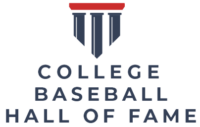
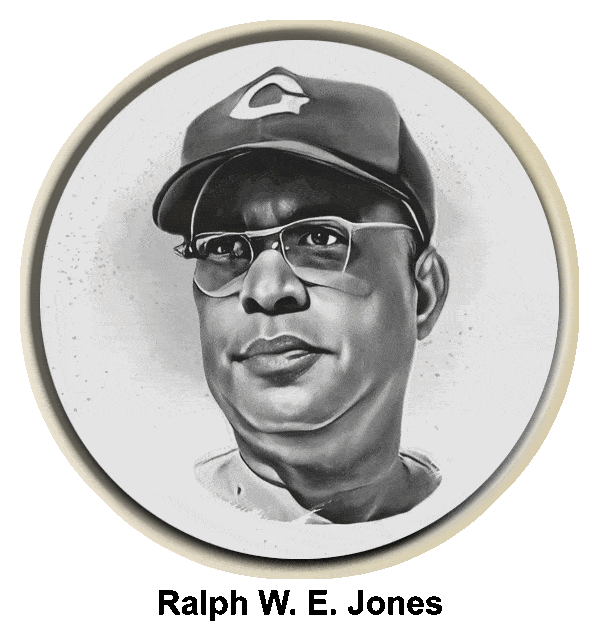





















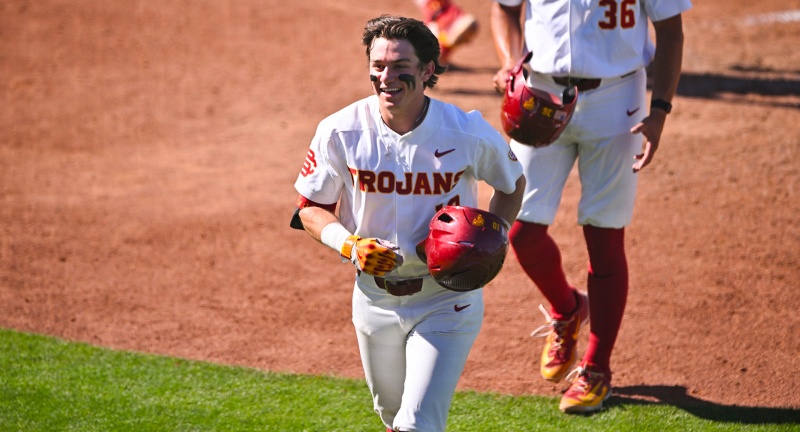

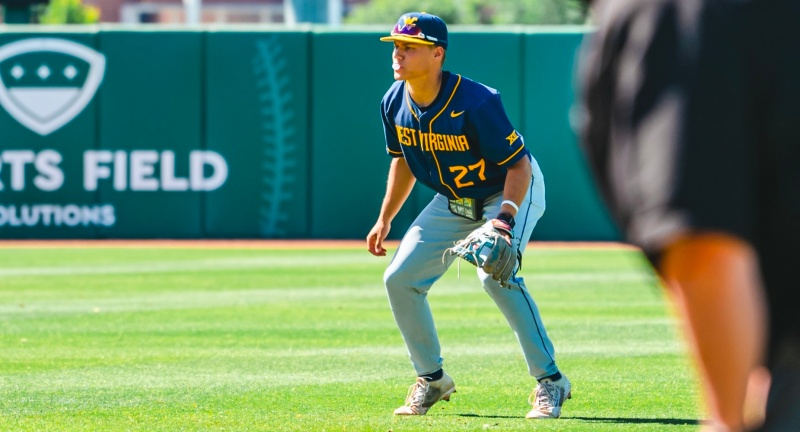






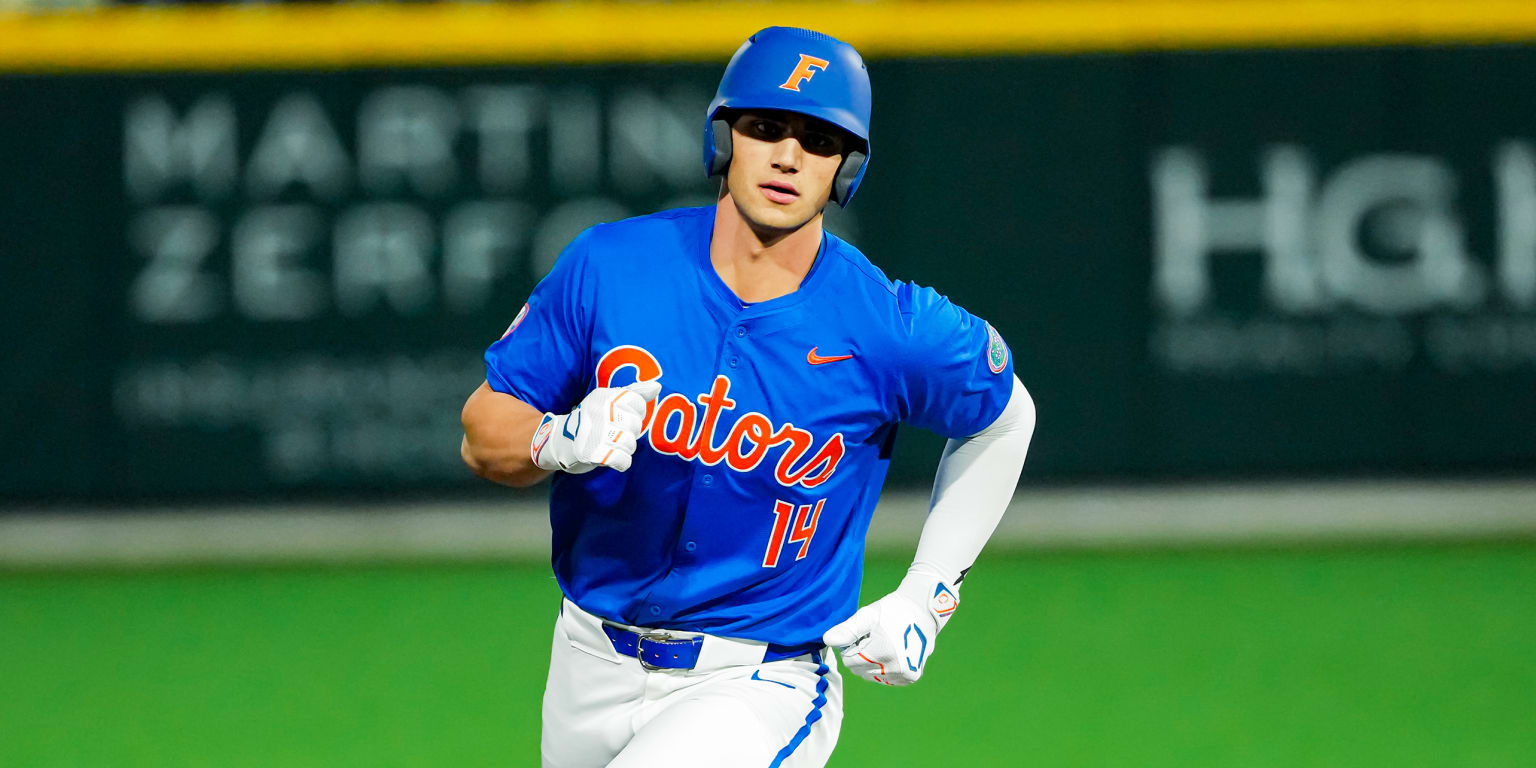
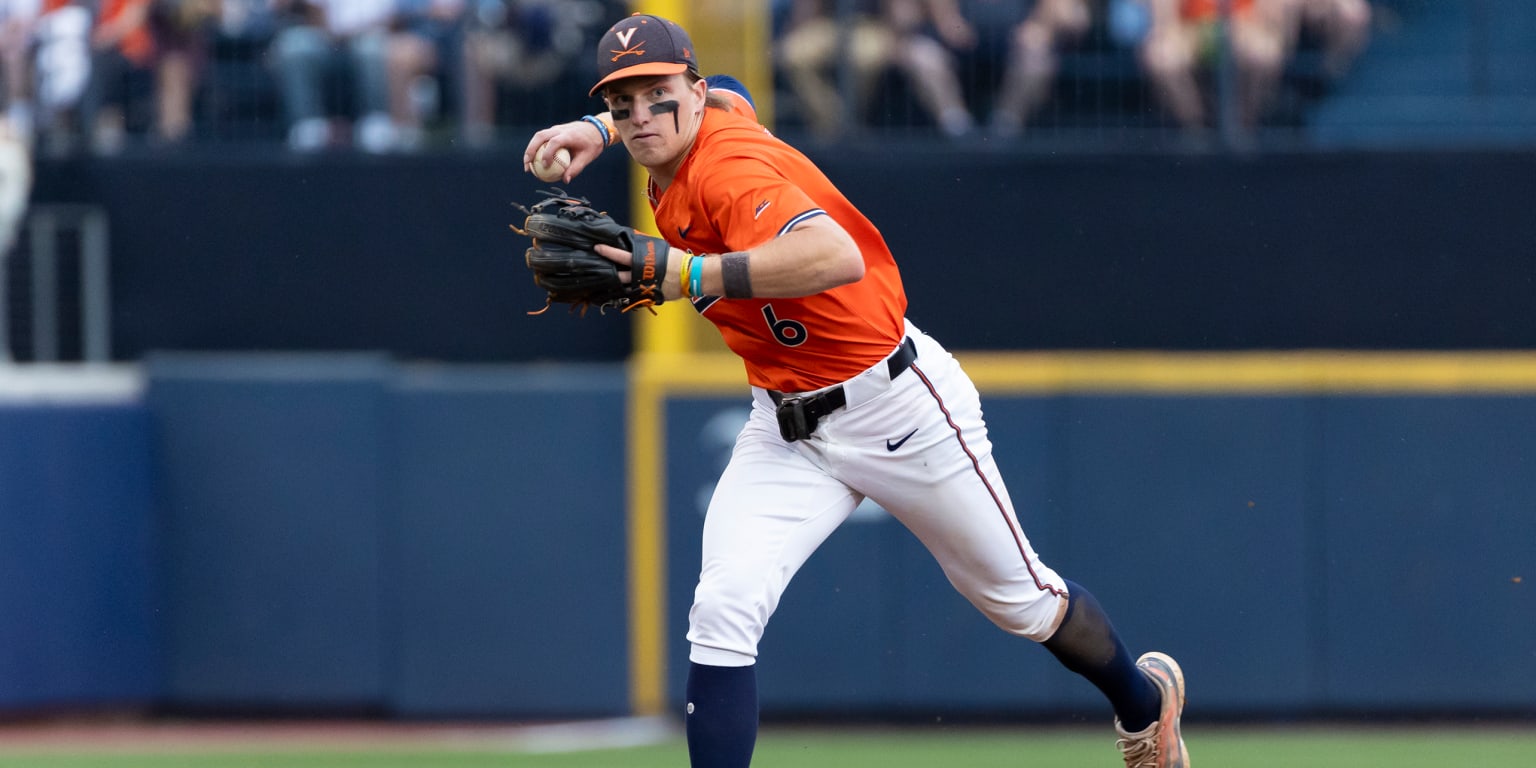
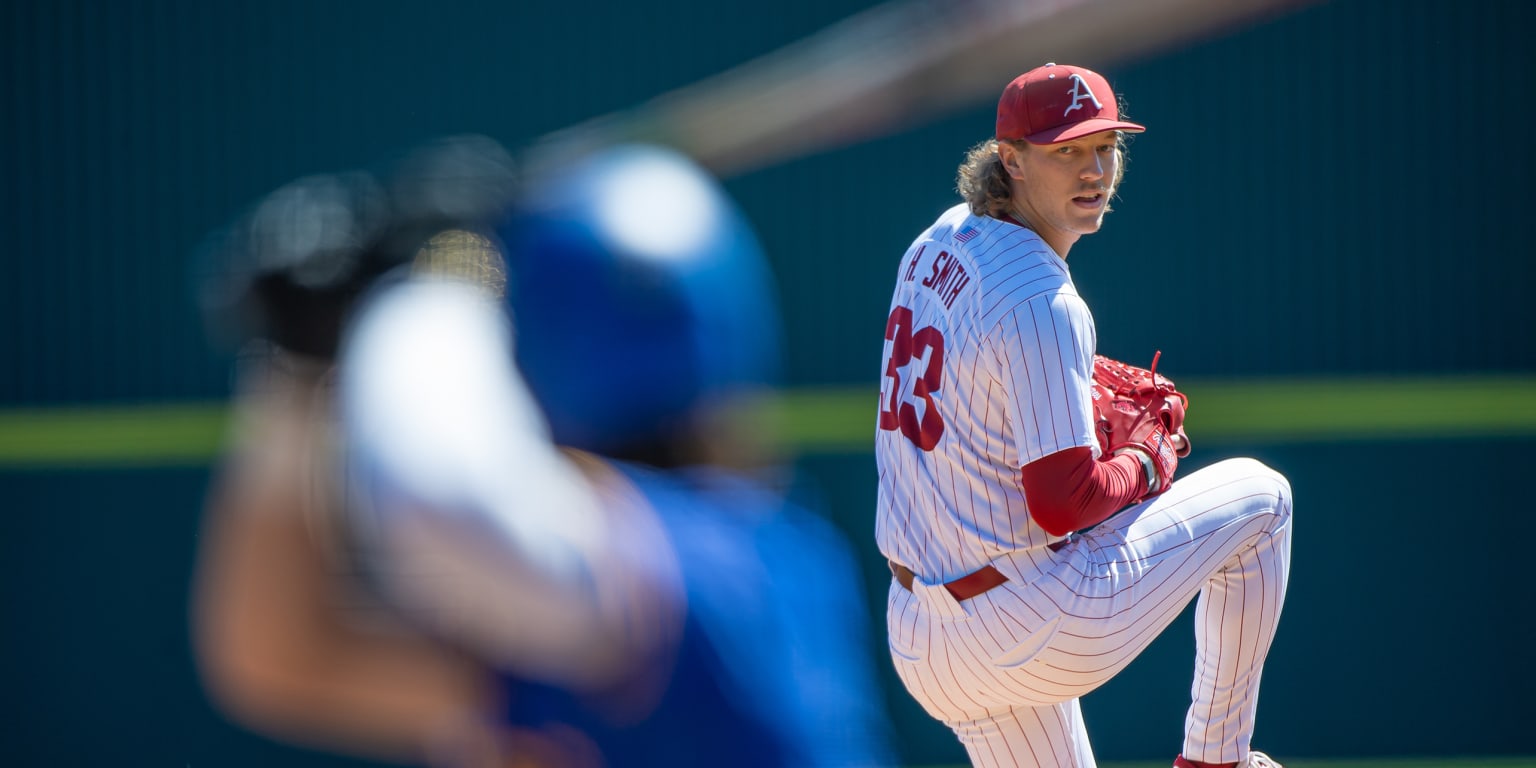
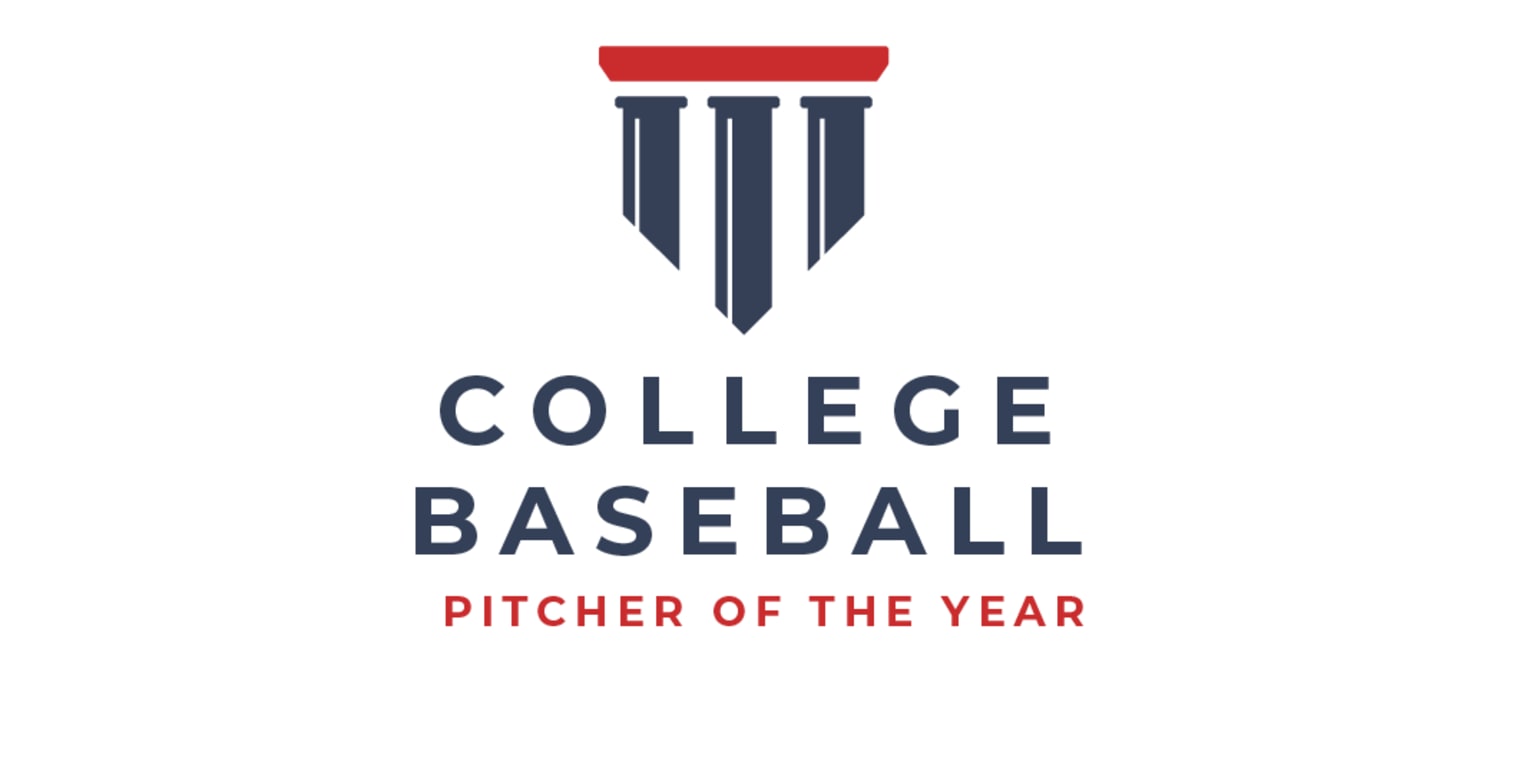

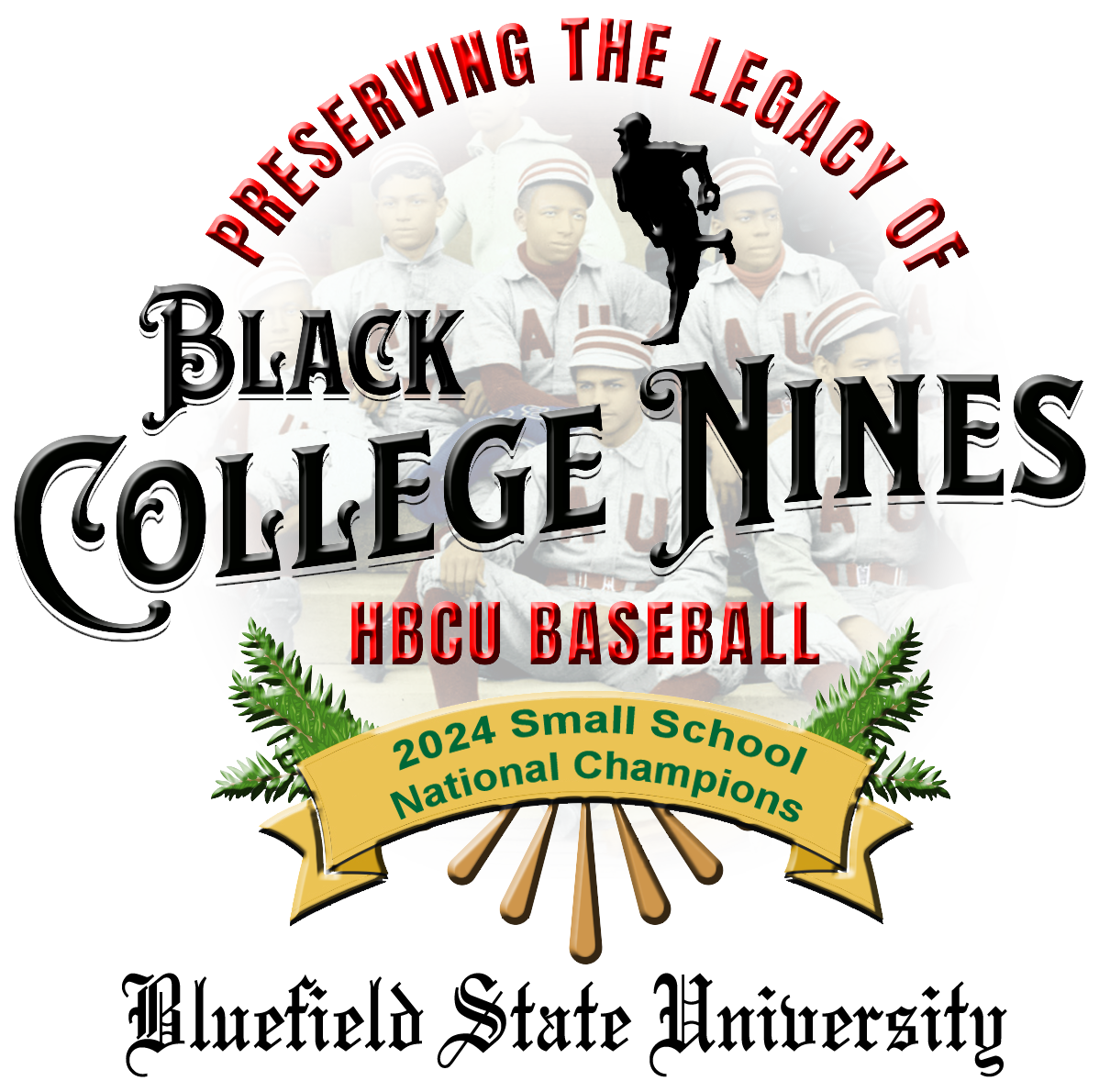







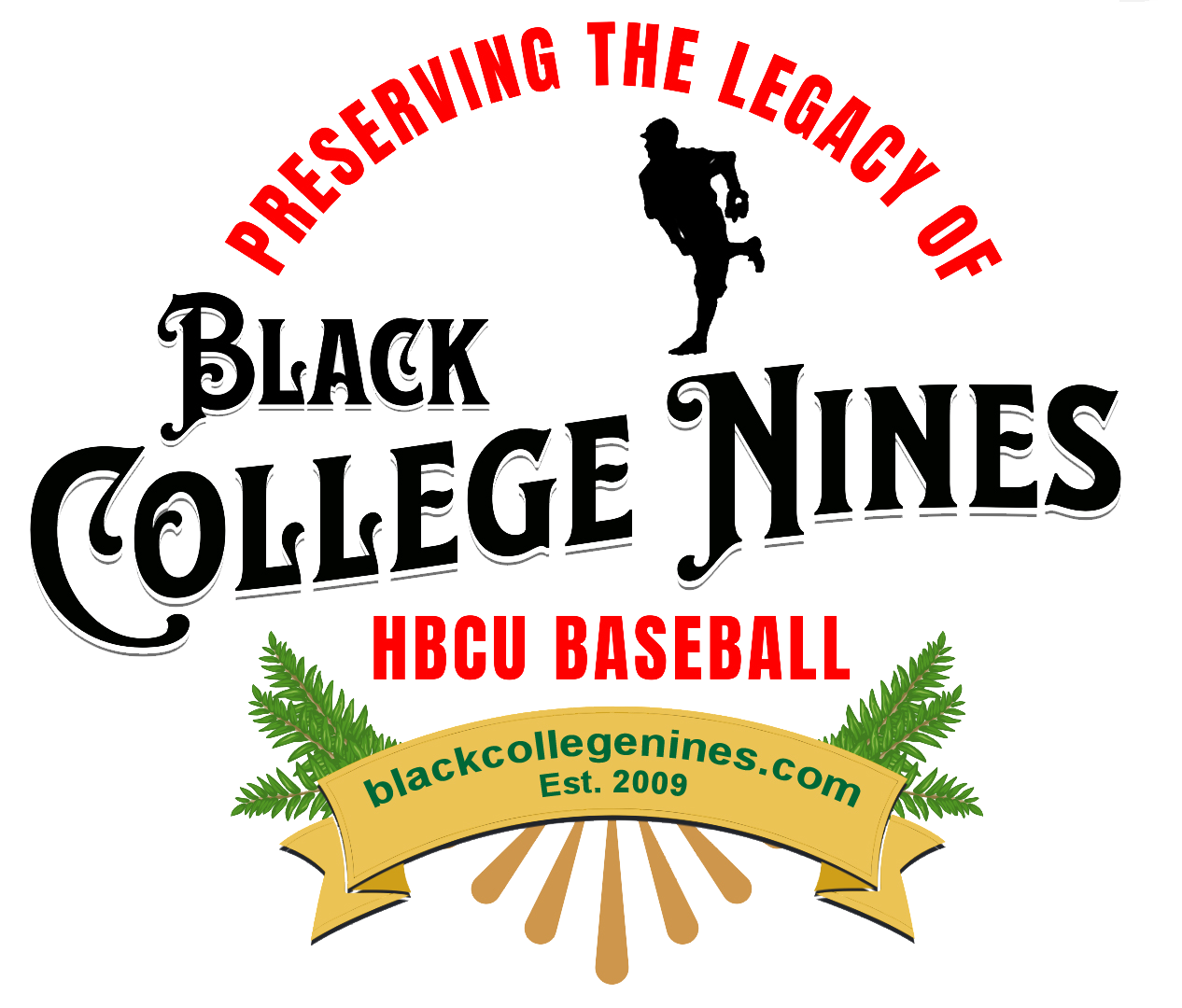
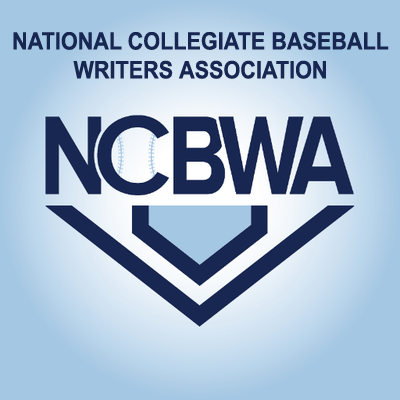
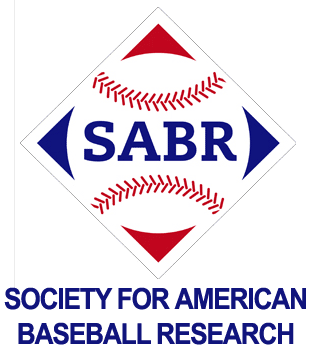


Outstanding and very insightful article. I met Coach Henry in 2016. Was very impressed with his approach and attitude towards KSU. As an alumni and former player at KSU it’s great to to the baseball program in such tremendous hands.